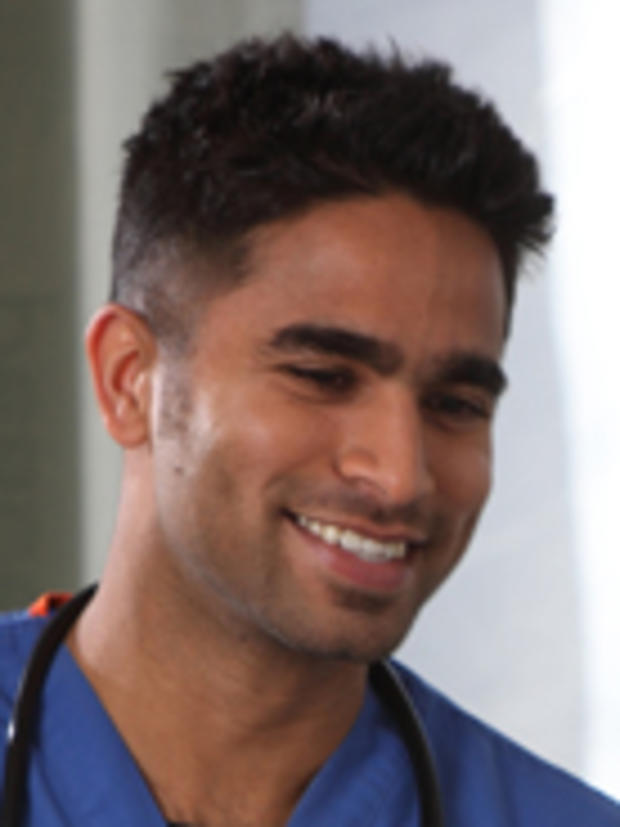Higher Education Is A Requirement For An Advancement Career In Nursing In LA
According to the Bureau of Labor Statistics, Los Angeles has the third highest level of employment for registered nurses and nurse practitioners. With the demand for healthcare services expected to rise over the coming years, the job market for nurses is also expected to see an upward trend in employment. To give you a taste of what a career in nursing could look like for you, we talked to Edward Nazareth, the coordinator for the stroke program at Torrance Memorial Medical Center. He's also the progressive care unit educator for the hospital.
Nazareth's day-to-day responsibilities include staying abreast of the latest advancements in stroke research and making sure the hospital and its staff remain in compliance with regulations for the hospital's joint commission-certified advanced primary stroke center.
He also oversees the orientation of new nurses to the unit and helps them get the experiences and opportunities they need to become better nurses with high standards for the quality care of patients. Nazareth has a bachelor of science degree in nursing with a special focus on public health and a masters of science in nursing with a special focus on nursing education.
How has your education helped prepare for you for a successful career in nursing?
"A higher education has given me a broader scope of nursing, leadership skills and a deeper awareness of how nursing fits into the grand scheme of health care in the United States. These important attributes have helped me achieve higher positions within the organization—such as the Stroke Coordinator and Progressive Care Unit Educator—which require complex critical thinking and an understanding of the bigger picture. Advanced education matures the nurse's thinking skills and commands higher expectations which raises one's level of performance."
What motivated you to continue your education further?
"I noticed early on in my career that other disciplines in health care required higher degrees. Nursing was one of the few professions that allowed the entry-level education to be lower than a typical four-year university degree. In order to keep up with the changing health care setting, my BSN was critical. Once I attained my BSN, leaders within the organization chose me for small leadership roles in the hospital setting. I would become a lead nurse, a member of various committees and even a chair for a number of staff councils. Sitting at the table of such accomplished and educated health care professionals drove me to advance my education even further."
What is one tip you can offer nurses seeking career advancement?
"Follow your passion. It may sound cliché but I've seen too many people follow a career path because of money or job opportunity and end up being very unhappy. Do what you love. When I see practicing nurses who wanted to be a nurse, they look alive and are burning with a fire inside. Having passion for what you do is radiant and others can feel it. [Passion] will drive you to your fullest potential."
Niki Payne is a freelance writer covering all things Entertainment in Los Angeles. Her work can be found on Examiner.com.




